Is It Really Safe to Wrap Food in Aluminium Foil? Get the Facts
Aluminium foil is a kitchen staple for wrapping, baking, and storing food. But is it truly safe for everyday use? Explore the real facts, common concerns, and how to use it wisely.
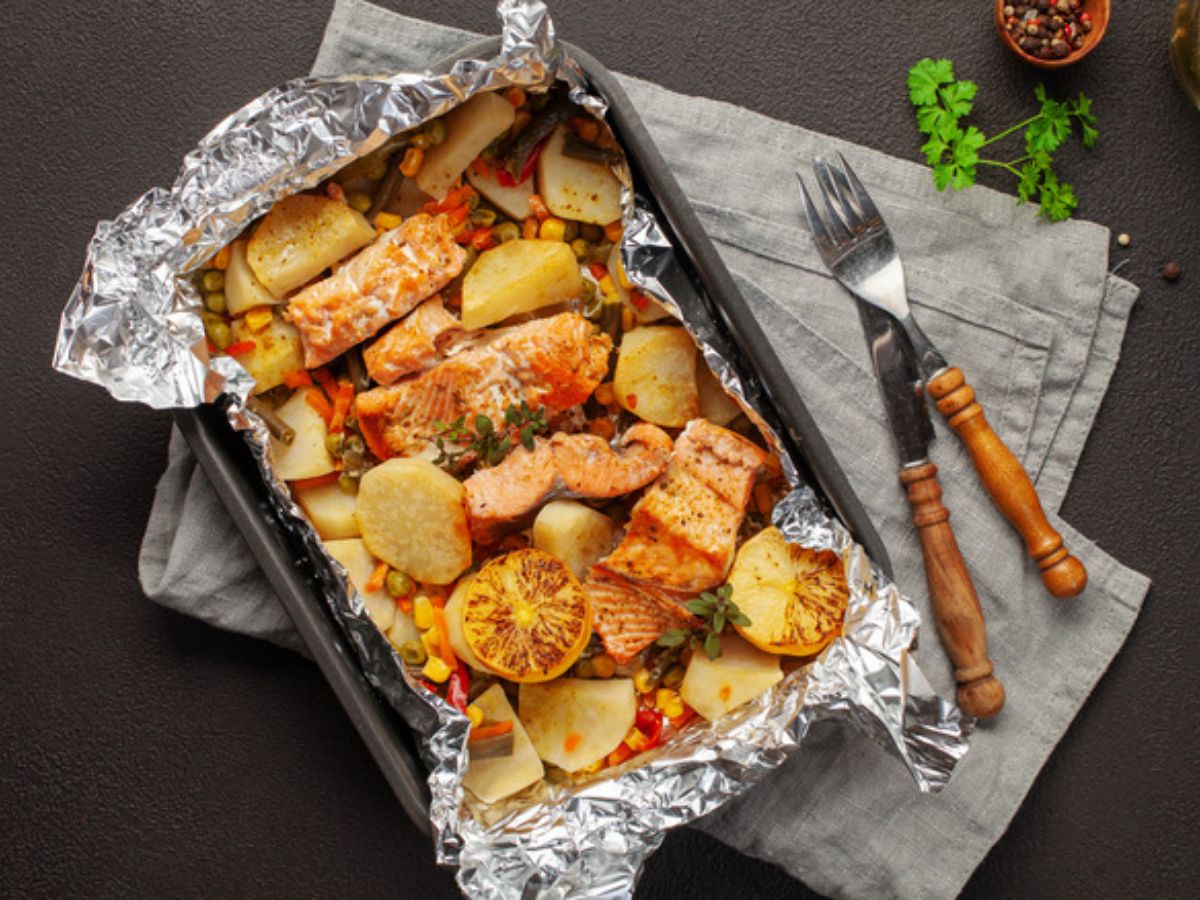
Why We Love Aluminium Foil
Aluminium foil is popular for wrapping leftovers, grilling, and lining baking trays. It’s lightweight, flexible, and forms a protective barrier that keeps food fresh and prevents spills.
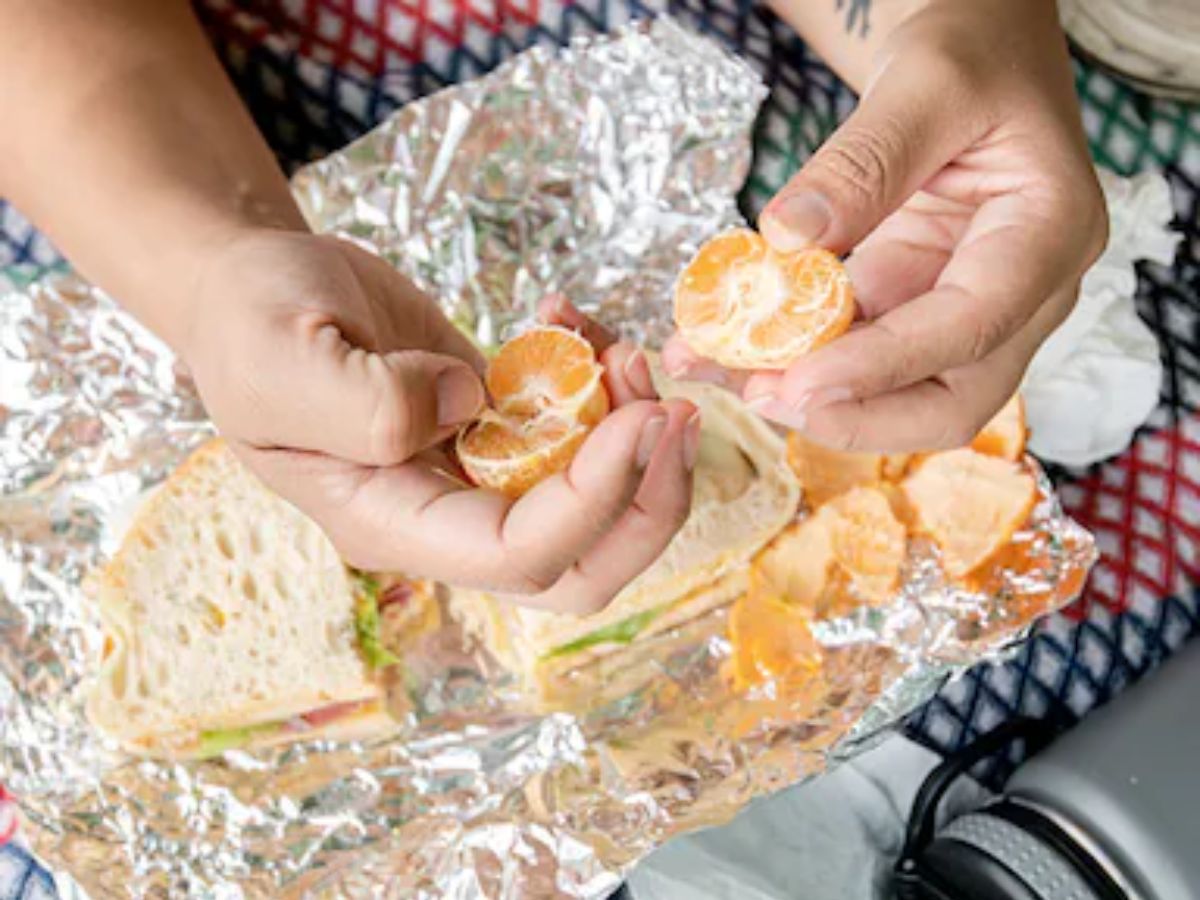
Common Safety Concerns
People often worry that aluminium can leach into food, especially under heat. Excess aluminium intake has been loosely linked to health concerns like neurodegenerative diseases, though clear scientific proof is limited.
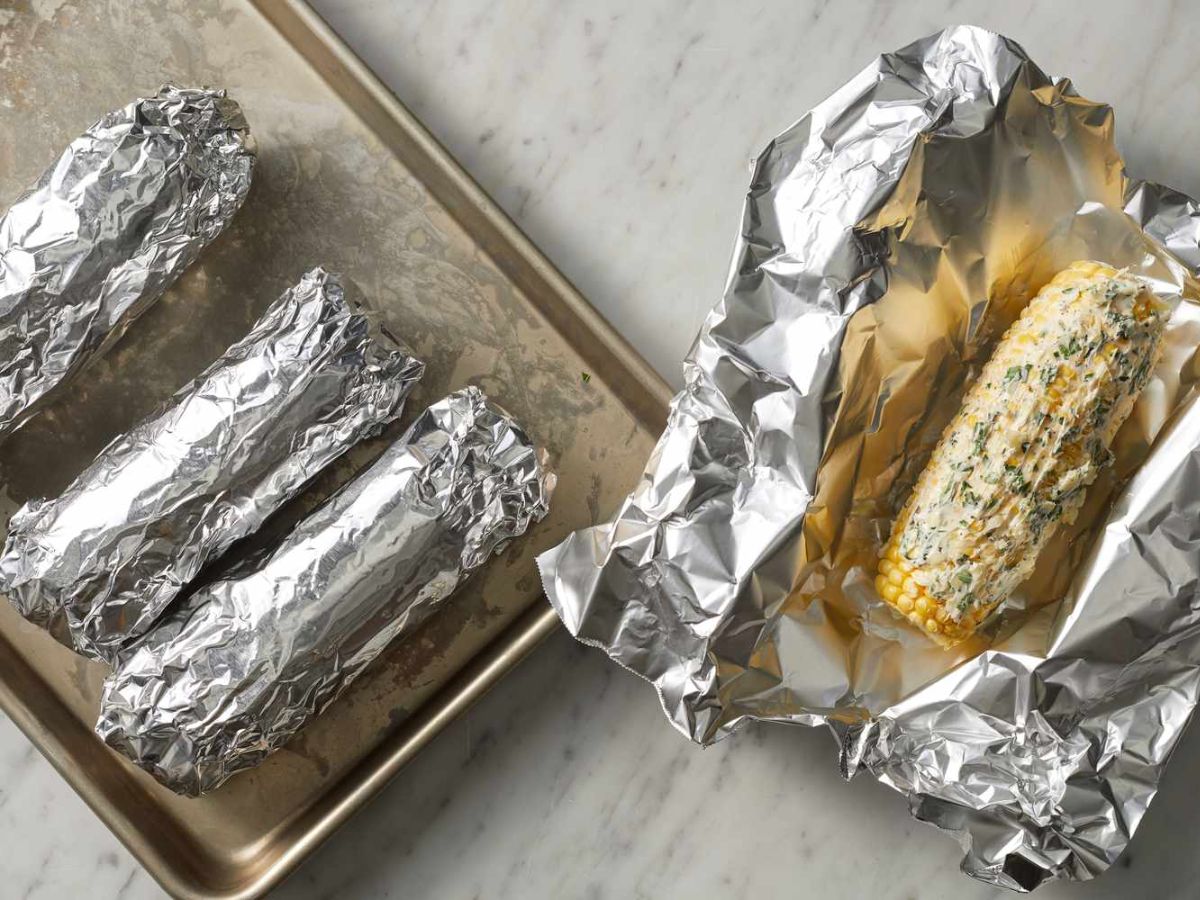
Does Foil Really Leach Into Food?
Yes, small amounts of aluminium can transfer into food particularly acidic or spicy dishes and when foil is used at high temperatures. However, occasional use is generally considered safe by most health agencies.
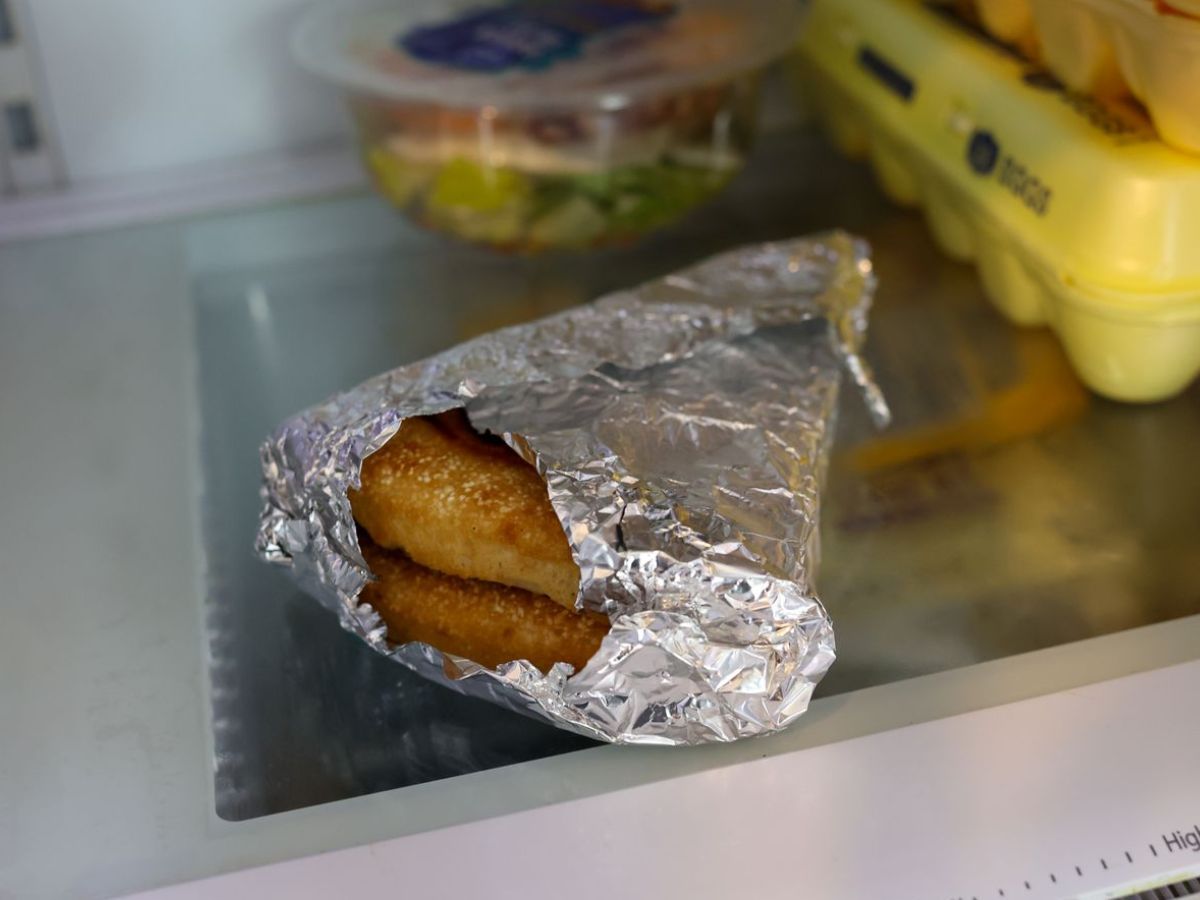
When to Be More Cautious
Avoid wrapping tomatoes, citrus, or vinegar-based foods directly in foil for long periods. These acidic foods increase leaching, potentially raising aluminium content in your meal.
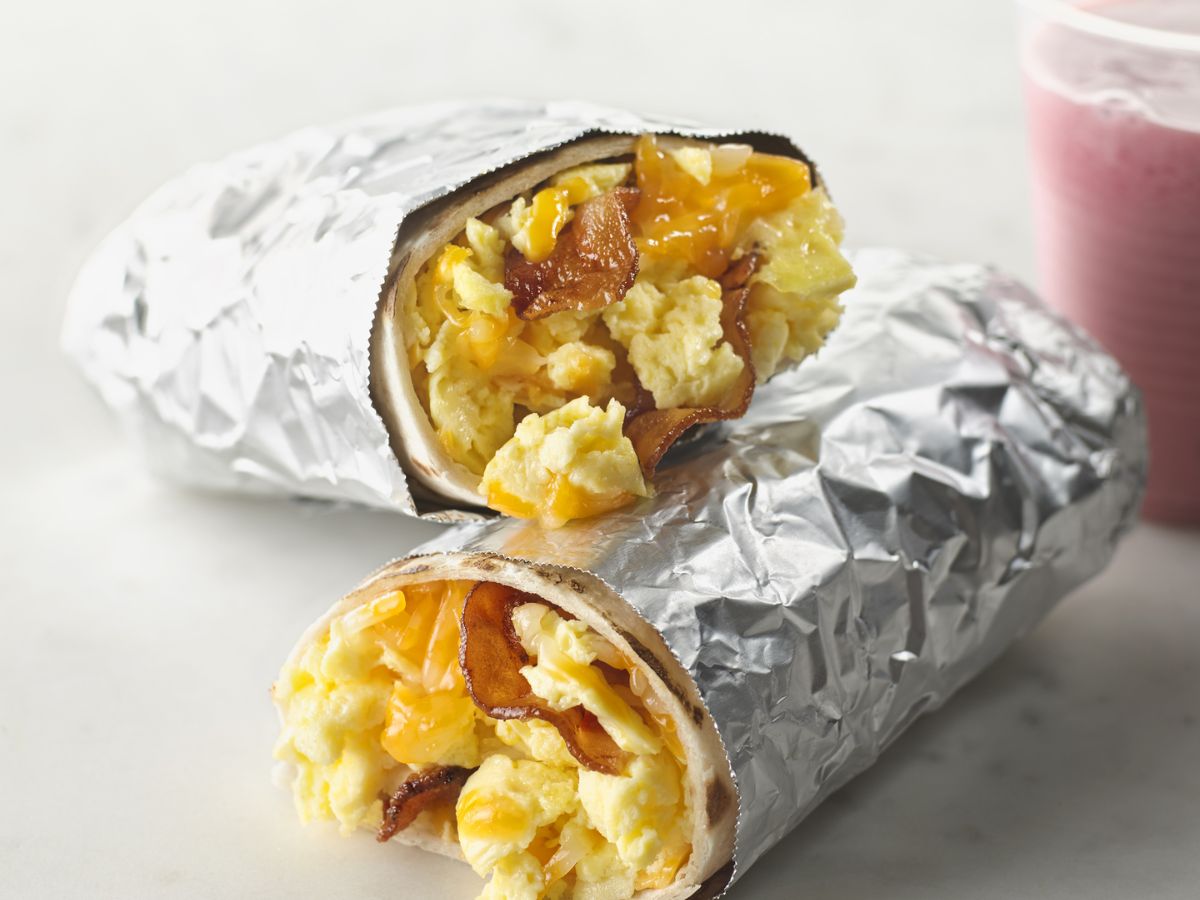
Safer Ways to Use Foil
Use parchment paper as a layer between acidic food and foil. For baking or roasting, avoid extremely high temperatures, and never store food in foil for days switch to glass or plastic containers.
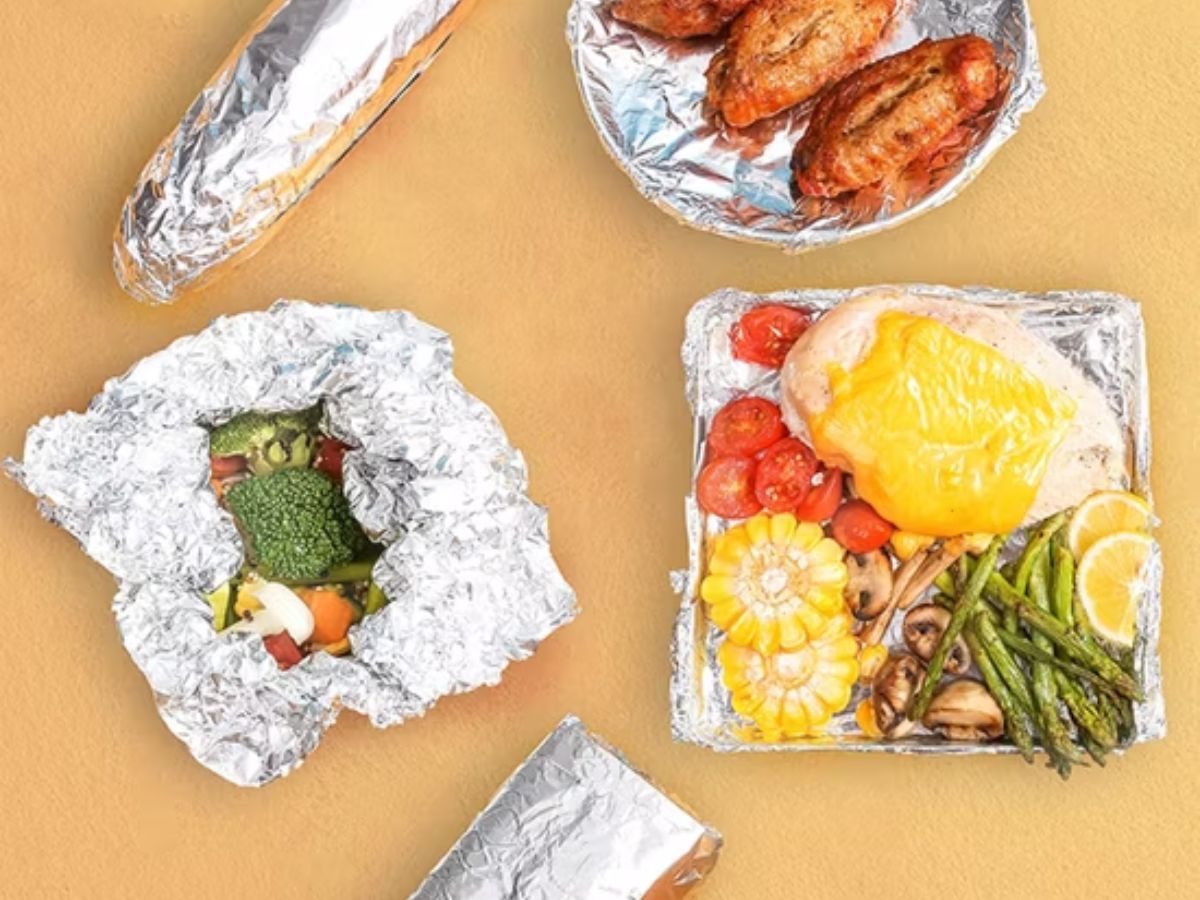
What Do Experts Say?
Health organizations like WHO and EFSA state that typical aluminium exposure from foil is unlikely to harm most people. The key is moderation and avoiding unnecessary long-term storage in foil.
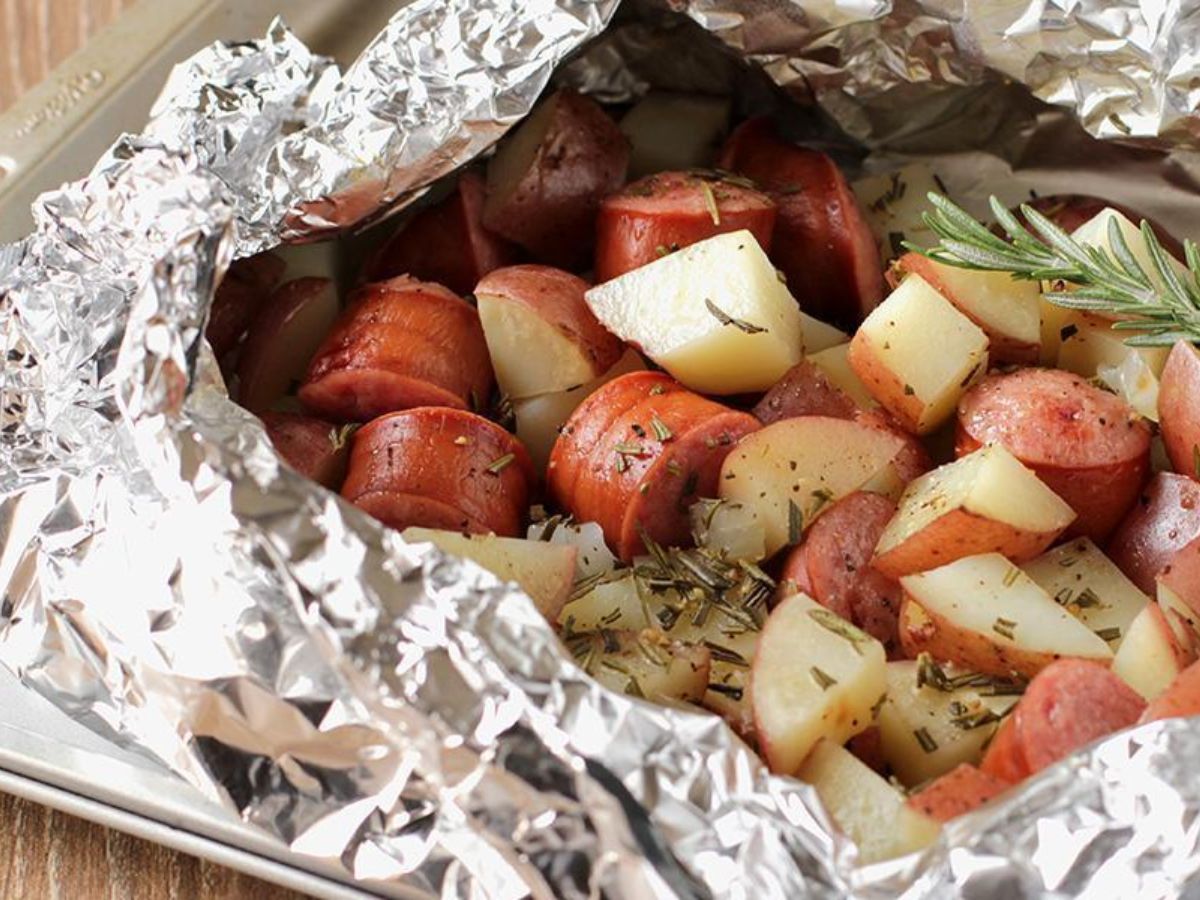
Smart Kitchen Takeaway
Aluminium foil is safe for wrapping and cooking when used wisely. Combine it with good kitchen practices such as rotating storage materials to keep your meals both delicious and safe.





